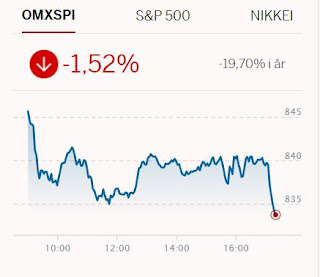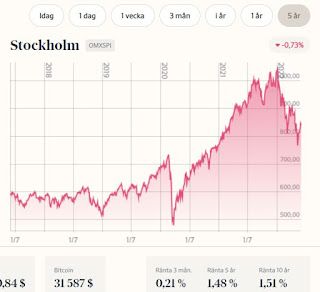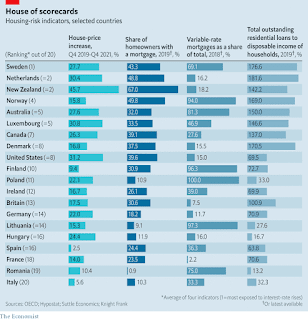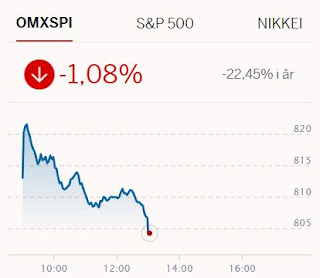Twelve propositions on the state of the world, Wolf
Ours is an age of culture wars, identity politics, nationalism and geopolitical rivalry. It is also, as a result, an age of division, within and among countries. Despite the rise of China, the west, defined as the high-income democracies, is hugely powerful. Over the long run, Asia is likely to become the dominant economic region of the world. However deep the rifts become, we share this planet. We still need to avoid cataclysmic wars, economic collapse and, above all, destruction of the environment. Gven the immense political and organisational challenges, the chances that humanity will prevent damaging climate change are slim. Our leaders have to rise to the occasion. Will they do so? One can only hope so. Martin Wolf FT 31 May 2022 https://www.ft.com/content/517fbdac-507a-4e55-97fd-55375c1fe1f1 Lysande














